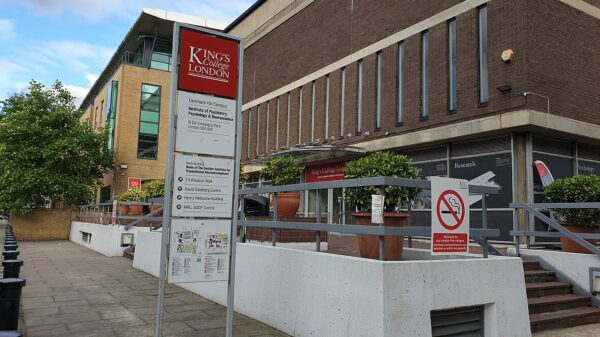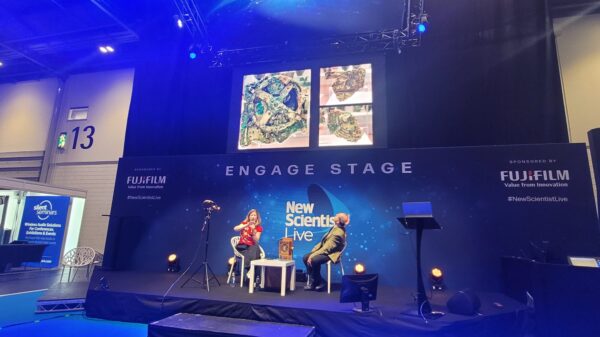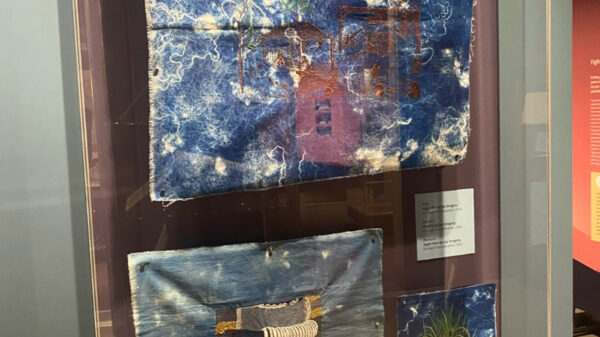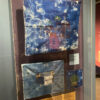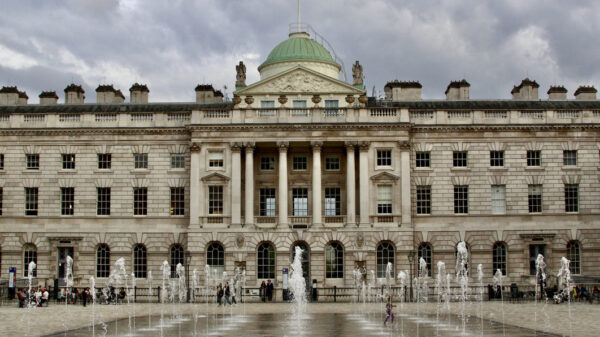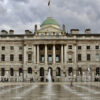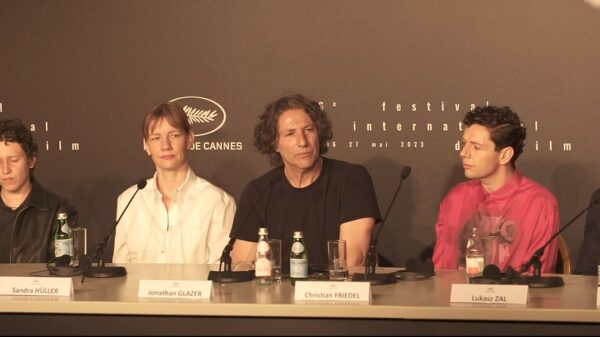A previously undiscovered 1300 Magna Carta has been found hiding in plain sight in the archives of Harvard Law School.
Professor David Carpenter, an expert in medieval constitutional history, stumbled upon the document while working through digitised medieval manuscripts.
Magna Carta, originally sealed by King John in 1215, is often seen as the bedrock of modern constitutional law. It is the document that declared that no one, not even the King, was above the law. The 1300s version of Magna Carta was the last official edition, and until now, only six known originals existed.
Carpenter recalls the moment he first encountered the document in Harvard’s archives.
“I was sitting in my study in Blackheath, London, going through all these digitised images [of their medieval collection], until I clicked on ‘Harvard law School 172’. And I thought, oh my God, this looks for all the world like an original!”
Harvard had cataloged it as a later copy, but Carpenter’s trained eye quickly realized it was far more significant. What had been purchased by the university in 1946 for just $20 had been misidentified.
“So here was Harvard law school, having acquired something for 20 odd dollars. We’re now sitting on the top of something worth many,many millions of dollars,” Carpenter notes with awe.
This discovery highlights just how much digitisation has changed the game for historians.
“The digitisation of source material has made the work of historians so much easier that without that, it would have never been discovered,” says Carpenter.
With so much historical material now available online, researchers can access texts from all over the world without having to travel to distant archives. For Carpenter, it’s a “game-changer” that makes historical research far more accessible and efficient.
What makes this story so captivating is not just the document’s rarity but its enduring significance.
“There are two main reasons this story went viral,” Carpenter explains. “First was how extraordinary the story is, the fact that Harvard acquired it for just $20 and now it’s worth millions. The second, I think, is the importance of Magna Carta itself, […] the key to it going viral in the States, was of course the current political situation there.”
In the midst of ongoing debates about the rule of law and executive power, especially in the U.S. under President Trump, Magna Carta’s message of checks and balances has never felt more relevant.
“Magna Carta is essentially a barrier against tyranny,” Carpenter says, noting that the timing of this discovery couldn’t have been more fitting. The U.S. media, including outlets like The New York Times and The Washington Post, seized on the discovery, highlighting its relevance in an age of political unrest.
Professor Carpenter’s relationship with Magna Carta dates back to his undergraduate years at Oxford in the late 1960s. It’s been a central part of his academic career ever since.
In 2015, for the 800th anniversary of the signing of Magna Carta, Carpenter wrote a book, Magna Carta, for Penguin, further cementing his place as one of the leading experts on the document. “It’s been quite central to my academic life from the start,” he reflects.
The Magna Carta’s enduring relevance is seen not just in its historical impact but in how its principles continue to shape modern legal systems. One of its most important clauses, which forbids the arbitrary denial of justice, was cited by the UK’s Lord Chief Justice as recently as 2015 when the government proposed introducing court fees for litigants.
“[Magna Carta’s] power was evident when the government withdrew its proposal,” Carpenter recalls.
Will there be more hidden gems waiting to be discovered? Carpenter is optimistic.
“I don’t see why not! There are likely more original documents out there, lying unnoticed in archives,” he says with excitement.
News Editor. Final-year MSci Physics and Philosophy student at King's College London, with a keen interest in science communication, and the intersection of science, philosophy, and society.







